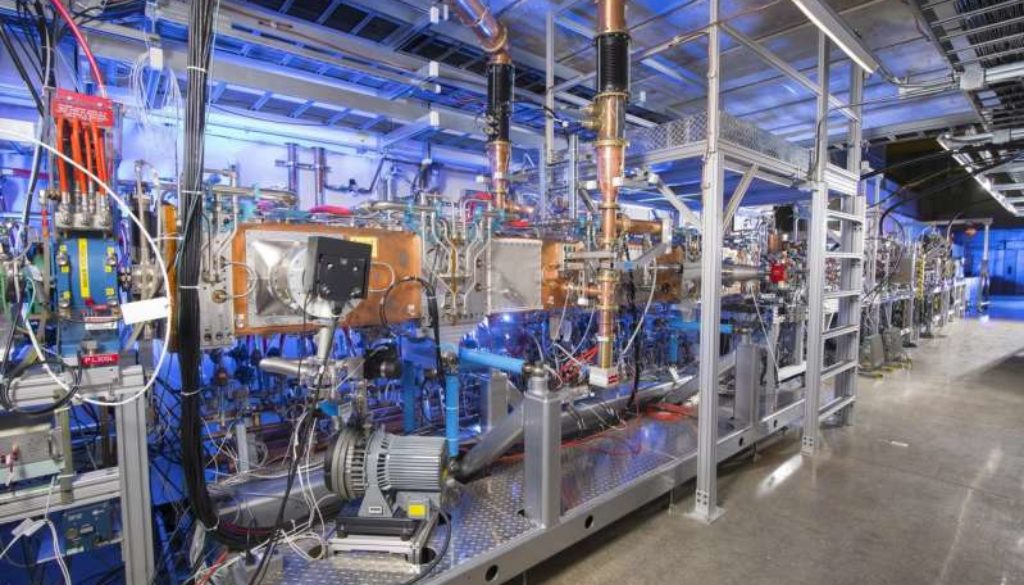Unique Fermi Lab Experiment Could Unravel Secrets of Universe
In the blink of an eye, an experiment was conducted last week almost 700 feet underground that could help reveal some of the secrets of the universe, and a Texas A&M University professor has played a key role in the process.
Robert Webb, professor of physics, is part of the Fermi Lab team involved in the MINOS experiment that sent a beam of subatomic particles from a site in Batavia, Ill., to a site in Minnesota, about 450 miles away. The MINOS (main injector neutrino oscillation search) experiment didn’t require a very long waiting time — the entire process took about 2.5 milliseconds.
But the results could help explain about how the universe was created and where it goes from here, Webb explains.
“This entire experiment has been five years in the making, and the results we get from it could be exciting, even life changing,” says Webb, who helped design the Minnesota facility, a 6,000-ton stack of plastic and steel plates that caught the neutrino beams.
The site is located in Soudan, Minn., in a former iron mine.
“The whole idea is to study neutrinos, learn about them and how they interact and what they do. Neutrinos are one of the basic building blocks of the universe, and about 5 percent of all matter in the universe is made up of neutrinos. Yet, we know very little about them,” Webb says.
In the experiment, a beam of neutrinos traveled at near the speed of light from the FermiLab site in Illinois to the Minnesota site. Each burst lasts only about 10 millionths of a second.
The invisible neutrinos leave no trace as they make the 450-mile trip from Illinois to Minnesota.
The two sites will record about 1,500 such collisions of the neutrinos during the next year. The MINOS experiment is an on-going process, Webb explains.
The $170 million project uses hundreds of scientists from around the world, Webb adds.
“We are bombarded by neutrinos every second of the day, and we know that neutrinos were present at the very creation of the universe,” Webb notes.
“We know much more about electrons and protons than we know about neutrinos, yet neutrinos are much more common. They are very mysterious, yet very vital, and we know almost nothing about how they work and what they do.
“We are hoping this experiment will tell us some of the secrets of neutrinos. It’s the largest such experiment of its kind ever undertaken.”
Fermi Lab is a division of the U.S. Department of Energy.
-aTm-
Contact: Dr. Robert Webb, (979) 845-4012 or robert-webb@tamu.edu
The post Unique Fermi Lab Experiment Could Unravel Secrets of Universe appeared first on Texas A&M College of Science.
